TimeWorld Event
Rencontres scientifiques mondiales
Comprendre la complexité du monde, décider et s'engager
Prochaine édition TimeWorld
Jouer la carte de l’intersectorialité, c’est donner toutes ses chances à l’innovation. TimeWorld réunit industriels, chercheurs et universitaires pour faire le plein d’idées et démarrer de nouvelles collaborations
Un thème central
Un panorama des connaissances actuelles
Une vision prospective
Des pistes de solutions inattendues
Exposés, débats, synthèses, performances, rencontres
Précédent
Suivant
Des questions-défis dans toutes les disciplines
Les conférences et les débats sont dessinés en direct
Précédent
Suivant
Le pilier mesuré
Mathématiques, physique, informatique, finance
Le pilier de la perception
Sciences cognitives, psychologie, philosophie, sociologie, histoire, économie
Le pilier du vivant
Médecine, biologie, climatologie, géologie, évolution
Le pilier Art
Littérature, musique, arts plastiques, cinéma, photographie, jeux
Il est encore temps d'explorer les précédentes éditions
Ces entités ont participé à TimeWorld
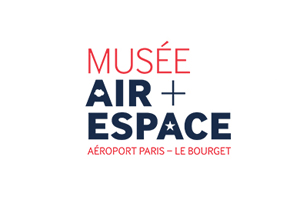
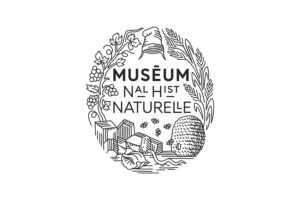

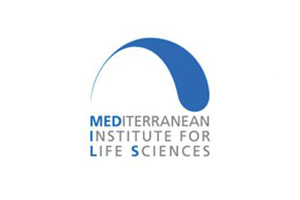

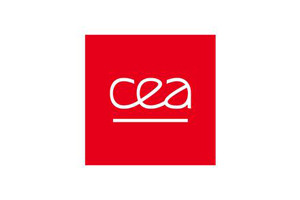

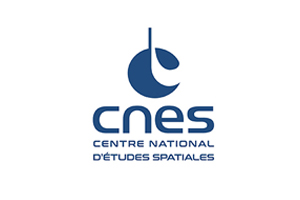


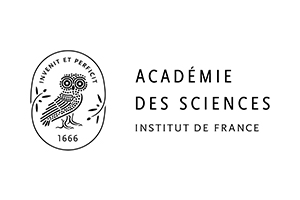
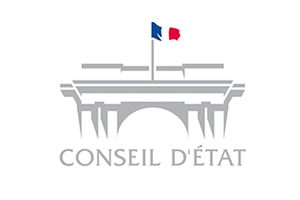
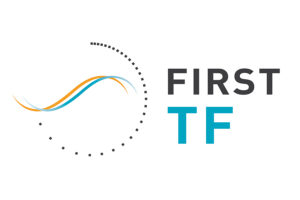


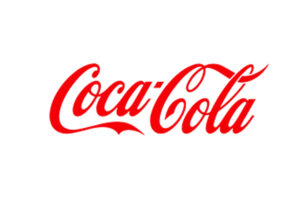

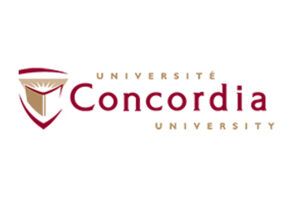
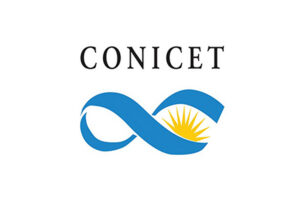
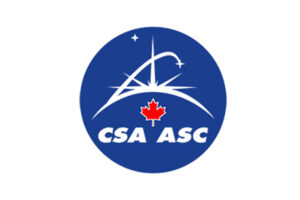
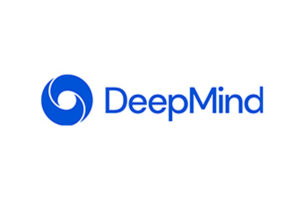



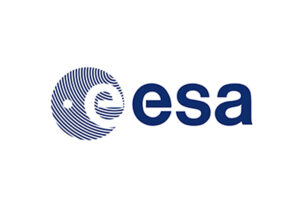


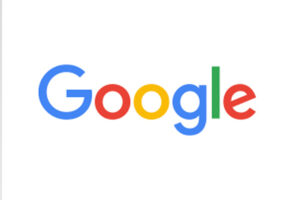

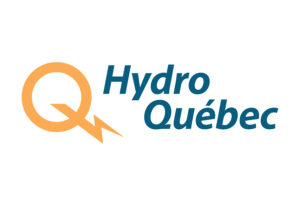
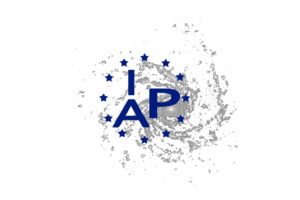


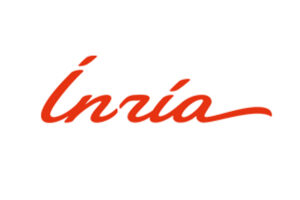
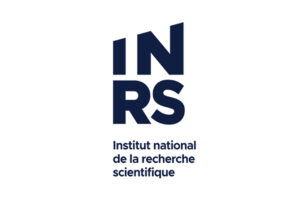
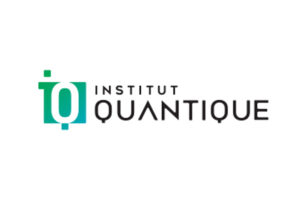
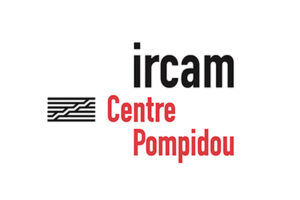
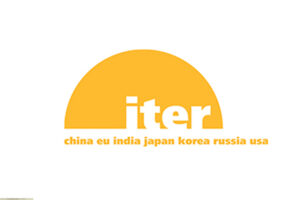
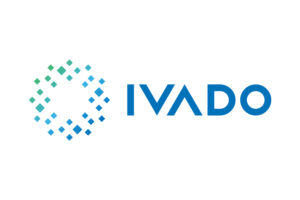

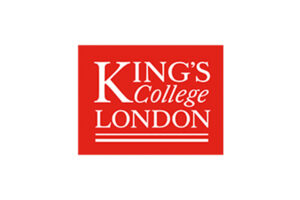
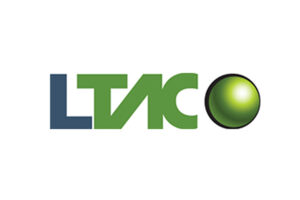

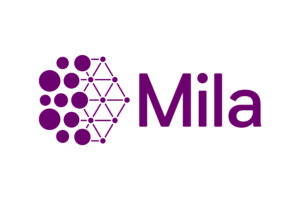
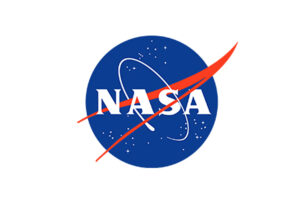


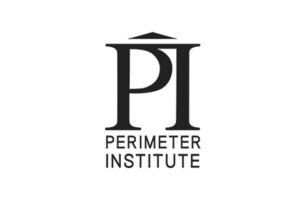

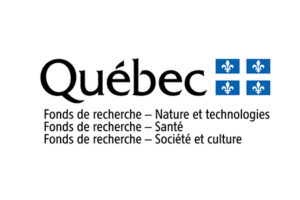
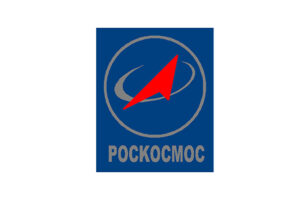

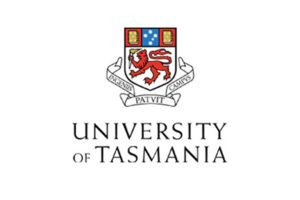

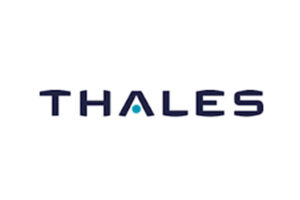



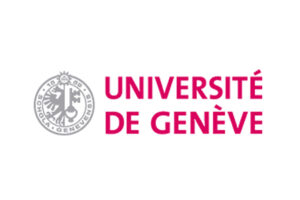

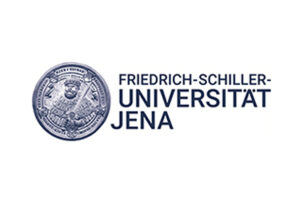


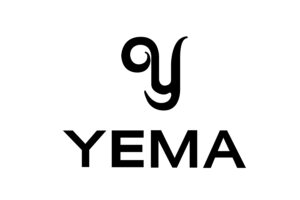

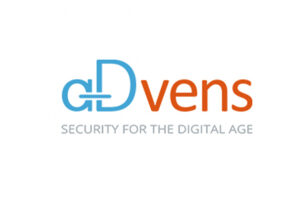



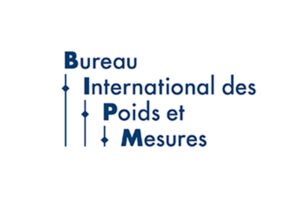
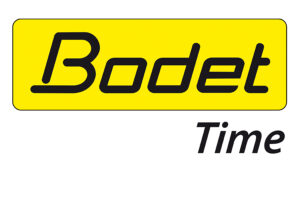

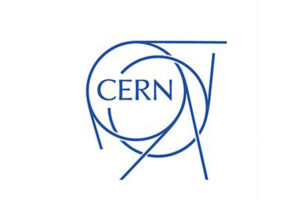


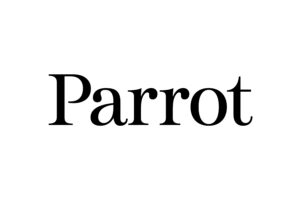
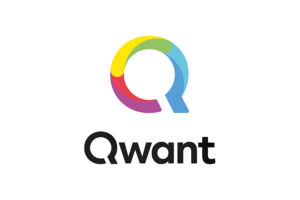
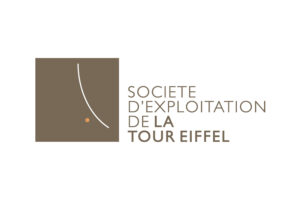
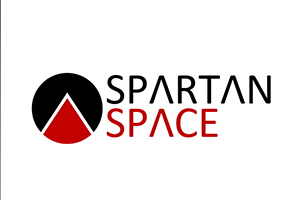

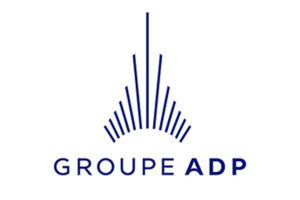




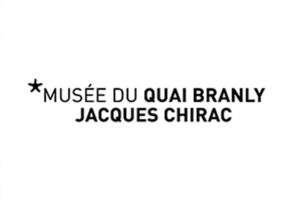

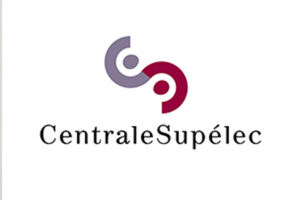

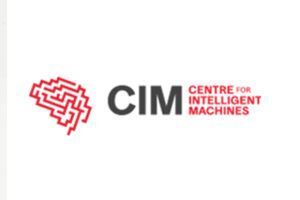

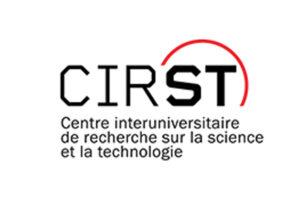
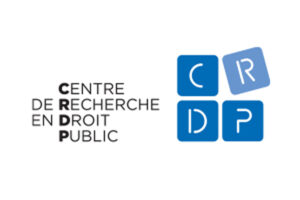
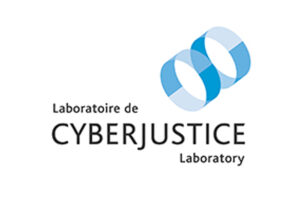
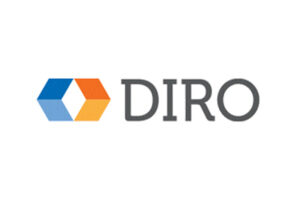

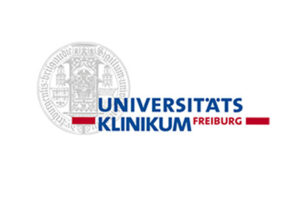

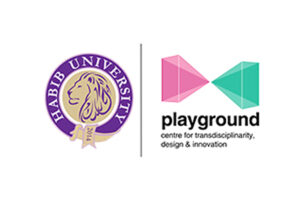
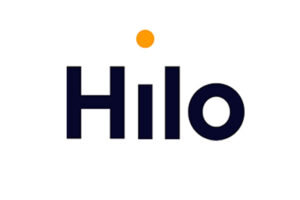
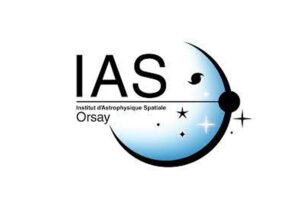

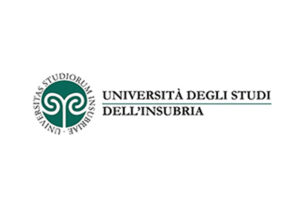
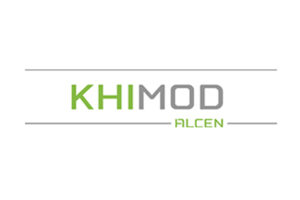
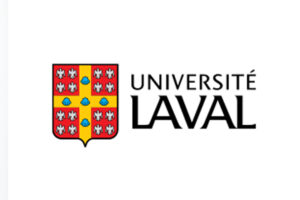

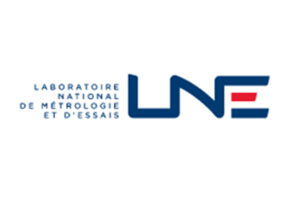
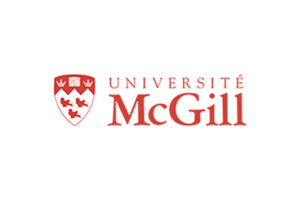

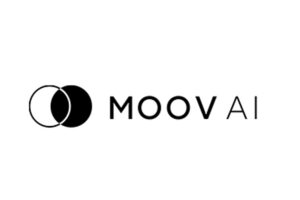

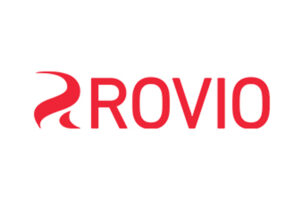


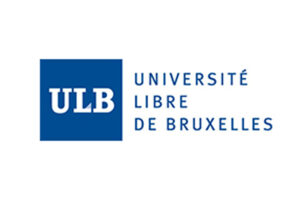
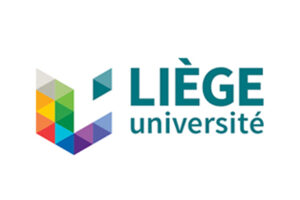
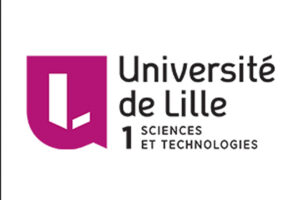
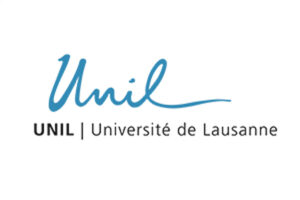

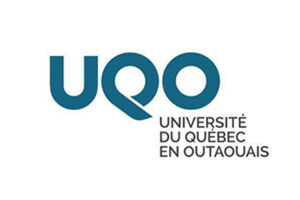
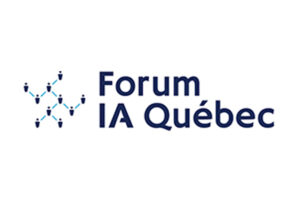
Les participants à Timeworld témoignent
On ne pouvait trouver mieux que le Temps, concept universel, pour rassembler régulièrement ceux qui font ou étudient le Monde. TimeWorld nous aide à mieux comprendre qui nous sommes, d’où l’on vient et où l’on va. L’évènement idéal déclinable dans toutes les disciplines et sur tous les continents.
Jean-François ClervoyAstronaute
TimeWorld est un événement unique qui fusionne toutes les disciplines afin d’offrir au public une expérience intégrale de diffusion, de partage et de réflexion autour d’un thème engageant.
Roland LehoucqAstrophysicien
Le monde virtuel des écrans rend encore plus urgent de faire se rencontrer de vraies personnes, celles qui aiment partager leurs découvertes et celles qui aiment comprendre de nouvelles choses. Réussir à susciter ces moments, en croisant les domaines avec créativité, et sur des thèmes fédérateurs pour aiguiser les échanges… C’est la grande force de TimeWorld !
Maxime AbolgassemiEcrivain, professeur de culture générale
Le TimeWorld du futur ressemblerait à la ville du futur: plus international, avec des chercheuses et des chercheurs de tous les continents; plus inclusif, laissant la place aux initiatives citoyennes ou associatives; plus écologique, en choisissant un lieu faisant une bonne part au vivant.
Pascale ElbazChercheure en langue et civilisation chinoises
TimeWorld est un bol de fraîcheur dans les nombreux cycles de conférences. Suivre sur un même thème un mathématicien, un plasticien, un anthropologue pour s’apercevoir in fine de la même préoccupation humaine. Ce dialogue, quel feu d’artifice ! On pourrait aller jusqu’à monter des tables-rondes entre disciplines. Quelle richesse, l’humanité des sciences !
Georges LewiEcrivain, sociologue des mythes, spécialiste du storytelling
Hubert, Hervé, Xavier, Laurence, Catherine, Eileen, Étienne, Roland, Jean-Philippe, Jean-Sébastien, Jean-François... Excusez-moi d’entamer ainsi l’espace qui m’est accordé pour vous parler de Time World, mais, vous l’aurez compris : à mes yeux, il s’agit avant tout d’une belle histoire d’amitié !
Jacques ArnouldExpert éthique
A TimeWorld 2021 sur le hasard au Cnam ! Une discussion impromptue au petit-déjeuner avec Gérard Berry, professeur au Collège de France qui a connu quasiment toute l’histoire des algorithmes, et Laurent de Wilde, jazzman et historien de la musique… Mathématiques et musique, hasards et programmation, les formes de beauté qui se répondent.
Maxime AbolgassemiEcrivain, professeur de culture générale
Le concept des colloques TimeWorld est très intéressant car il permet d'aborder des sujets scientifiques (comme le temps, le hasard, et l'énergie) en les étudiant sous des angles multiples et complémentaires. Les sujets choisis comportent toujours de nombreuses facettes (scientifique bien sûr mais également culturelle, artistique, sociale) dont la présentation simultanée donne une perspective bien plus riche de ce qu'ils sont que l'analyse qui est faite habituellement dans les congrès spécialisés par discipline. Les auditeurs qui assistent à un TimeWorld en sortiront, sans conteste, enrichis de connaissances dont ils ne soupçonnaient même pas l’existence avant d'y entrer.
Hervé ZwirnPhysicien et épistémologue
TimeWorld est bien plus qu'un congrès mondial, c'est une nouvelle agora où des publics variés rencontrent des scientifiques pour penser la démocratie de demain.
Jean-Sébastien SteyerPaléontologue
TimeWorld est un concept unique et particulier. C'est une formule de congrès avec un thème principal qui le couronne, sur l’air du temps et au fil du temps, avec de vrais experts scientifiques de haut niveau. Avec la maîtrise d’Innovaxiom, il y a aussi des rencontres permises par le " présentiel " des coulisses et des couloirs, qui sont les héritiers des salons intellectuels du XVII siècle où, venus à l’époque de toute l’Europe, se préparait notre culture moderne par les beaux esprits et dans le tourbillon des nouvelles idées.
Xavier EmmanuelliMédecin Urgentiste
Précédent
Suivant
Menu